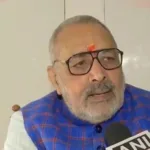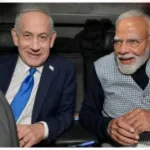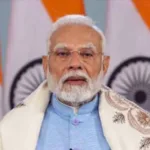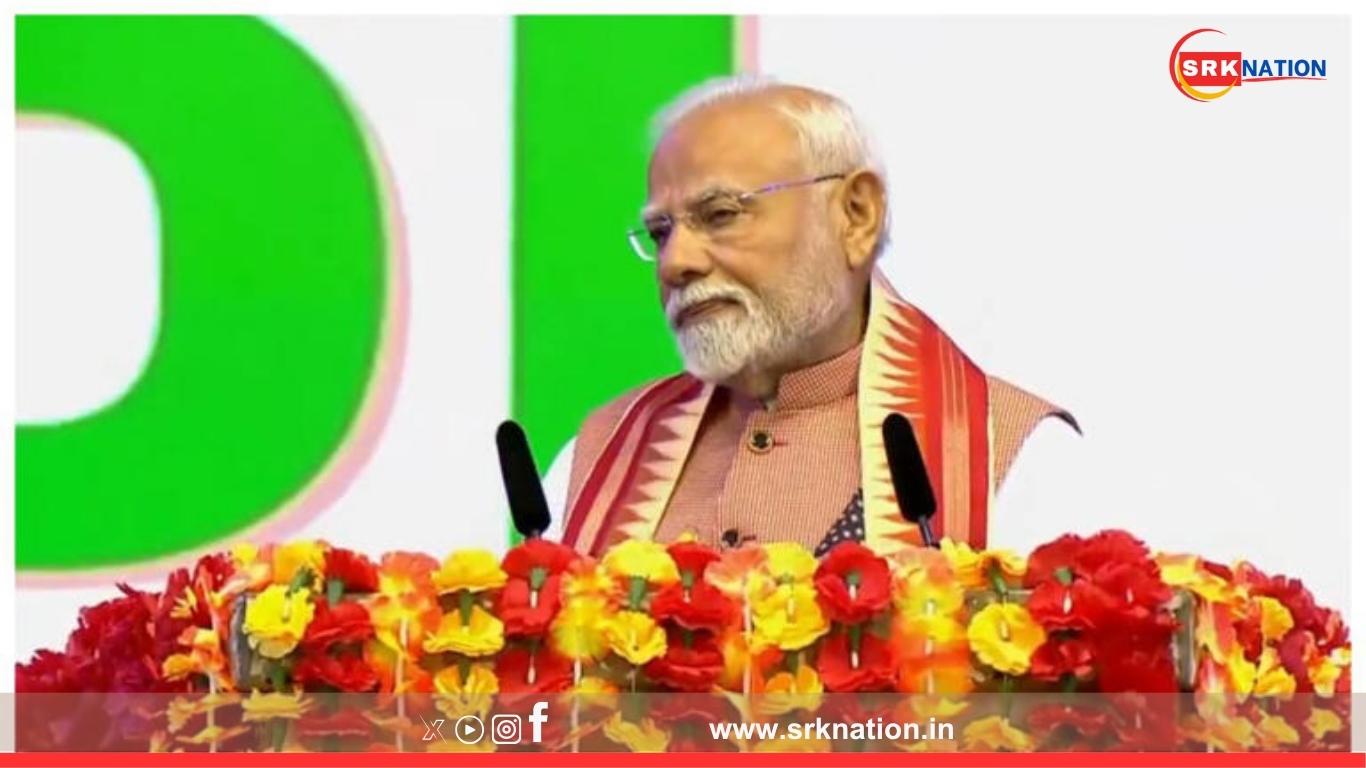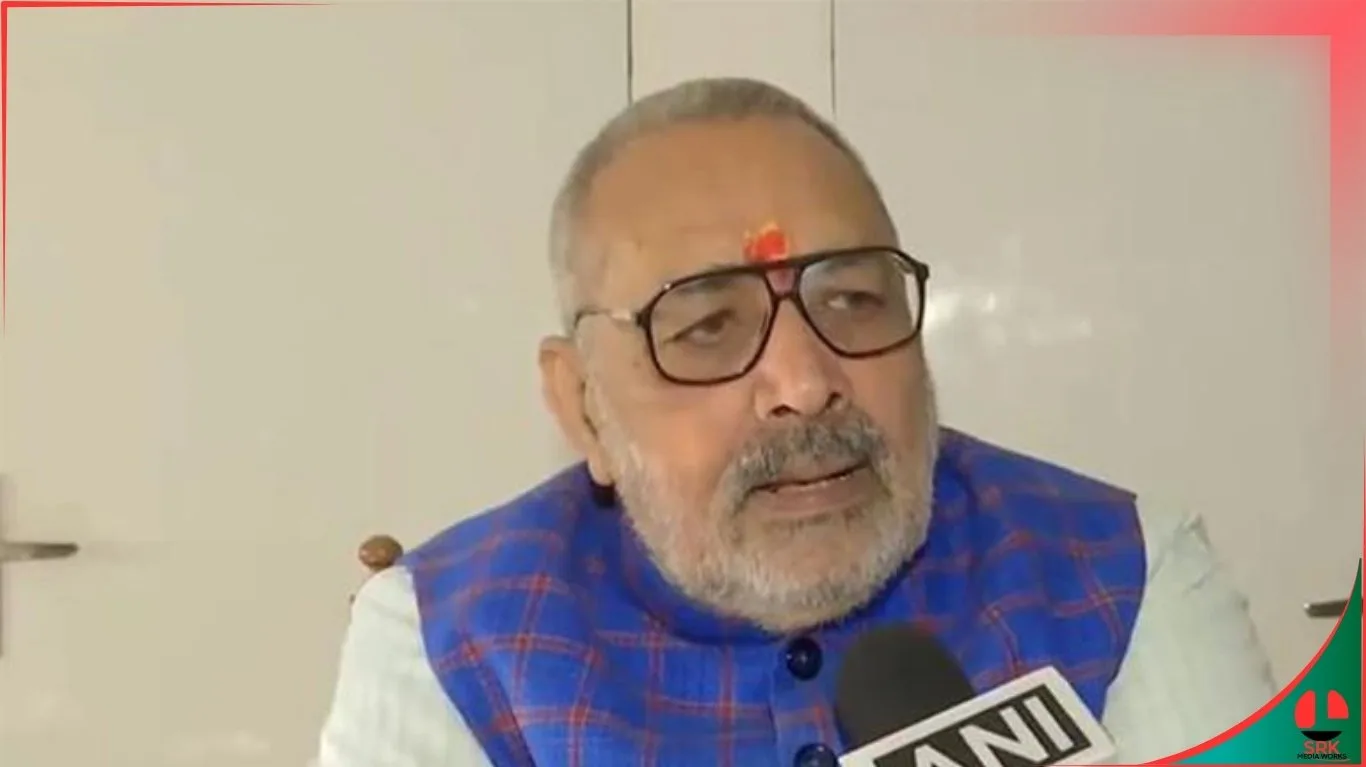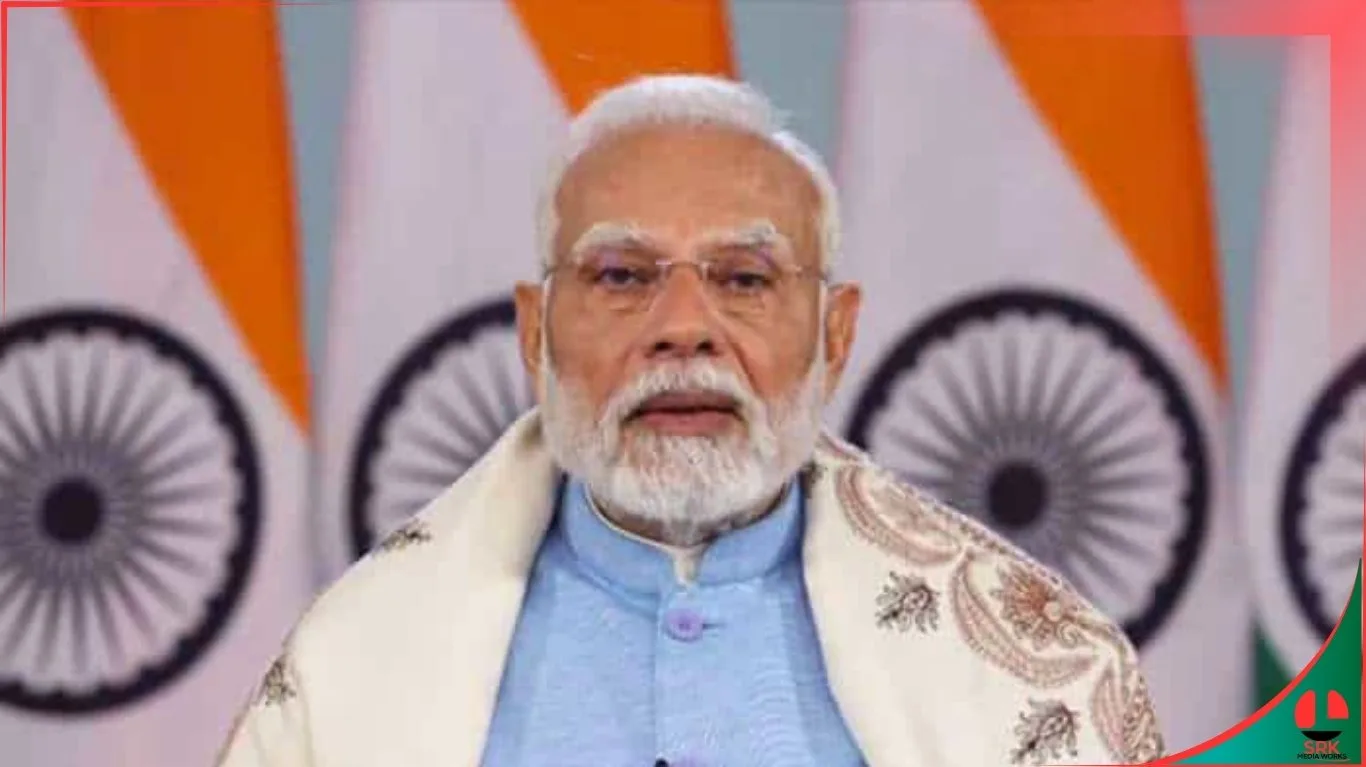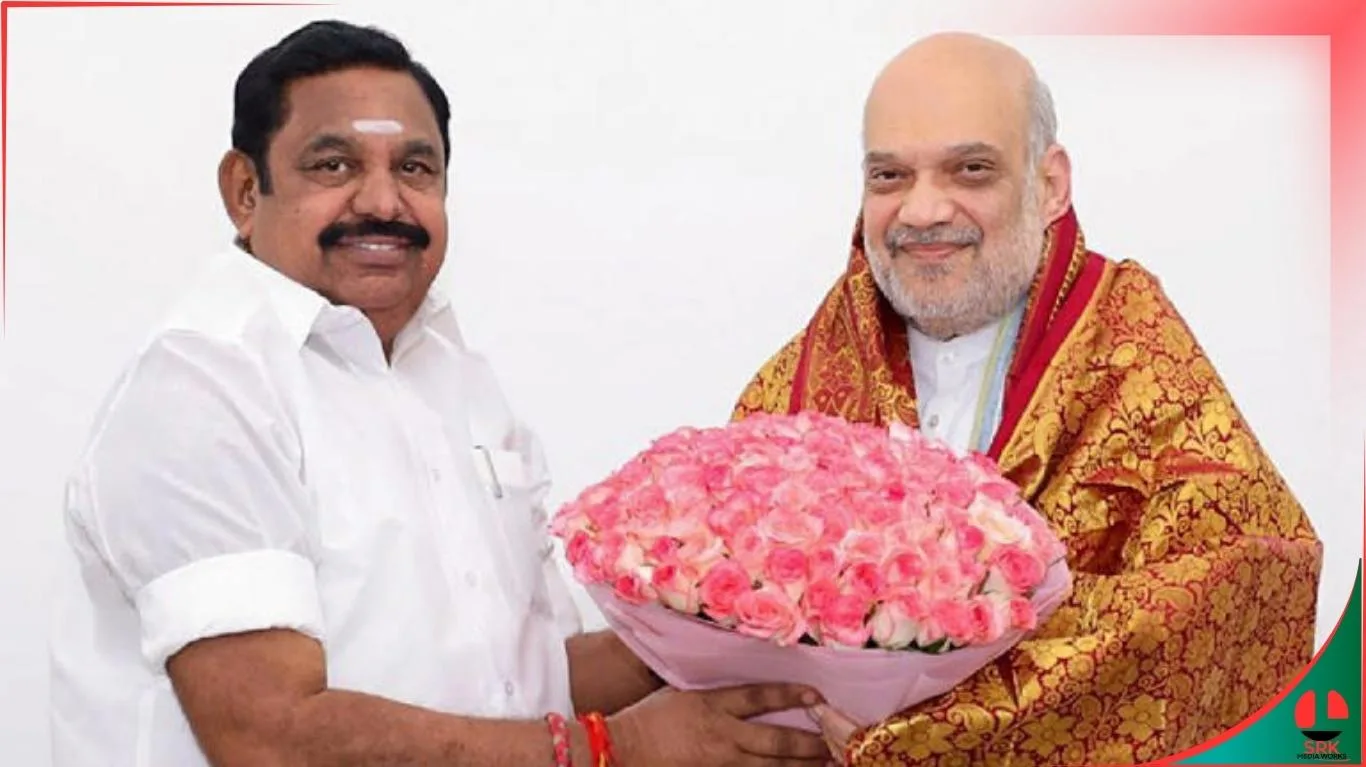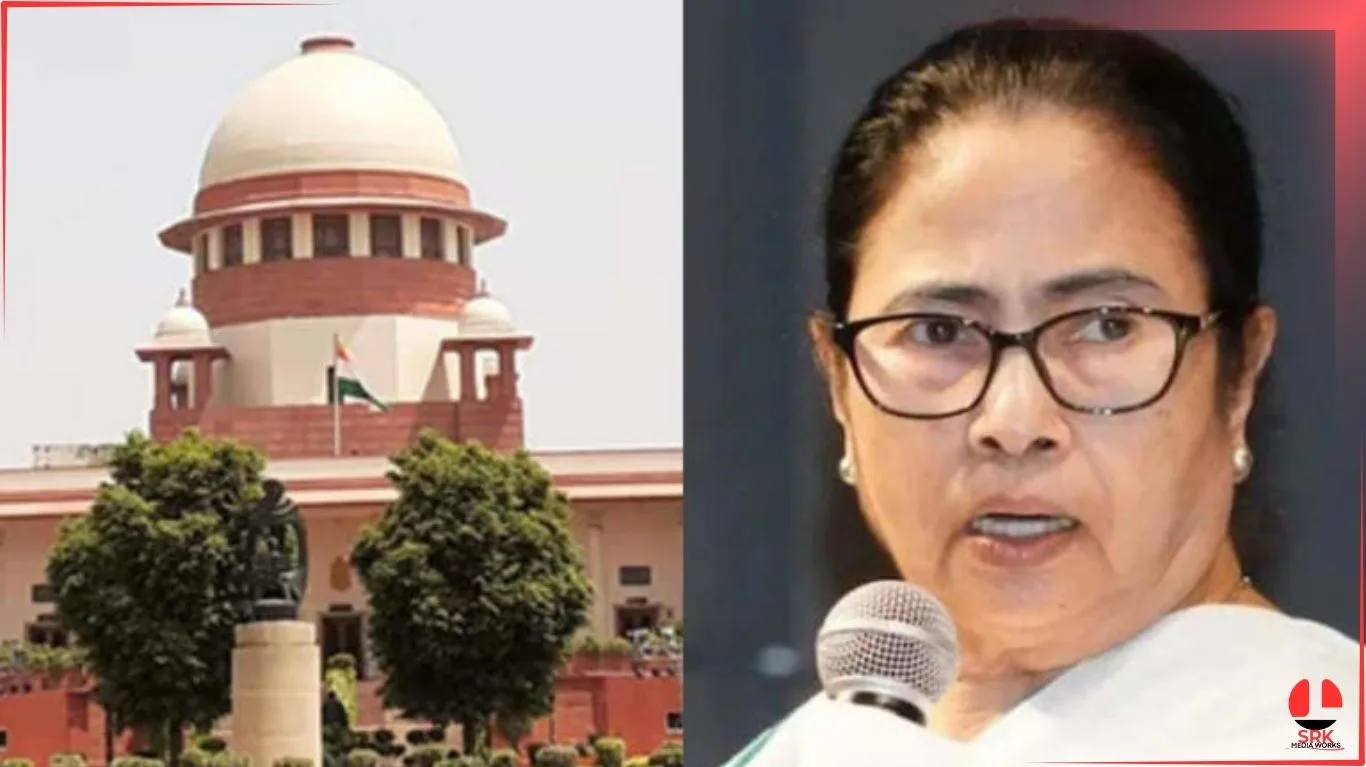Prime Minister Narendra Modi has hailed India’s growing start-up ecosystem, declaring that innovation has now transformed into a “mass movement” empowering youth to create solutions for global and local challenges. Addressing the annual Start-up India Innovation Summit via video conference, PM Modi outlined his government’s vision to make India the world’s leading innovation hub by the end of the decade.
India’s Start-Up Journey: From 2016 To 2025
Launched in January 2016, the Start-up India initiative aimed to build a robust ecosystem to nurture entrepreneurship, simplify regulatory norms, and provide funding support to young innovators. PM Modi shared that:
- India now has over 1.3 lakh registered start-ups as of June 2025, up from 450 in 2016.
- The nation is home to 142 unicorns (start-ups with $1 billion+ valuation) spanning fintech, edtech, logistics, e-commerce, agritech, and EVs.
- Tier-2 and Tier-3 cities account for more than 49% of new start-ups, highlighting the democratisation of innovation beyond metros.
Key Highlights of PM Modi’s Speech
- Start-Ups Creating Jobs:
He emphasised that start-ups have directly created over 12 lakh jobs in nine years, significantly contributing to employment generation for youth across engineering, design, sales, and management domains. - Innovation As Mass Movement:
PM Modi stated: “Innovation is no longer restricted to labs or institutions. It has become a mass movement. Students, farmers, women entrepreneurs, and small artisans are becoming innovators.” - Global Impact:
Indian start-ups have solved not only domestic but global problems, from affordable healthcare devices to digital payment systems adopted by other developing nations. - Government Support Measures:
He listed initiatives such as:- Startup India Seed Fund: ₹10,000 crore fund for early-stage innovators.
- Ease of Doing Business reforms: Reduction in patent registration costs, removal of angel tax for eligible start-ups, and simplified GST compliance.
- National Research Foundation: ₹50,000 crore investment to strengthen R&D.
State-Wise Growth of Start-Ups
| State | No. of Start-Ups Registered (2025) | Major Sectors |
|---|---|---|
| Karnataka | 19,435 | IT, AI, EV, healthtech |
| Maharashtra | 16,920 | fintech, edtech, logistics |
| Delhi NCR | 15,315 | SaaS, e-commerce, AI |
| Telangana | 10,110 | agritech, biotech |
| Tamil Nadu | 8,945 | manufacturing tech, EV |
| Gujarat | 7,520 | clean tech, textiles |
| Uttar Pradesh | 6,780 | agritech, edtech |
Sector-Wise Breakup of Unicorn Start-Ups in India
| Sector | Number of Unicorns | Notable Start-Ups |
|---|---|---|
| Fintech | 34 | PhonePe, Razorpay, CRED |
| E-commerce | 29 | Flipkart, Meesho, Nykaa |
| SaaS | 24 | Freshworks, Zoho, Postman |
| Edtech | 12 | BYJU’S, Unacademy, PhysicsWallah |
| Logistics & Mobility | 15 | Delhivery, Ola, Dunzo |
| Healthtech | 10 | Pharmeasy, Practo |
| Agritech | 6 | DeHaat, Ninjacart |
| EV & Clean Tech | 12 | Ola Electric, Ather Energy |
Women Entrepreneurs Leading The Way
PM Modi applauded the contribution of women founders, stating that nearly 46% of start-up employees are women, while female founders are at the forefront of sectors like healthtech, edtech, and D2C brands. Successful founders like Falguni Nayar (Nykaa), Ghazal Alagh (Mamaearth), and Ruchi Kalra (OfBusiness) were cited as examples inspiring India’s next generation.
Start-Ups At The Grassroots
PM Modi highlighted rural innovations that are solving community problems:
- IoT devices for soil moisture monitoring enabling precision agriculture.
- Portable dialysis kits for rural health centres.
- AI-powered language learning apps for regional students.
- EV retrofitting start-ups converting old diesel autos to electric in small towns.
Global Recognition
India is ranked 3rd globally in number of start-ups, after the US and China. The World Bank and IMF have acknowledged India’s digital public infrastructure, such as UPI, as a scalable model for other developing nations.
Challenges Ahead
Despite exponential growth, PM Modi acknowledged critical areas requiring reform:
- Access to late-stage capital: Series C onwards funding remains concentrated in select sectors.
- Talent retention: High attrition due to global tech demand.
- IPR ecosystem: Faster patent approvals and enforcement needed.
- Exit options: Robust domestic IPO pipeline still evolving for start-ups.
Industry Reactions
- Nasscom President Debjani Ghosh: “India’s start-up ecosystem is now driven by purpose-led innovation and strong government-industry collaboration.”
- Kunal Bahl, Snapdeal Co-Founder: “Tier-2 city founders are becoming the engine of future unicorns. Policy support should now focus on accelerating scale-ups.”
Start-Up Founders Speak
Entrepreneurs at the summit expressed optimism:
“PM Modi’s vision and Startup India reforms gave us the confidence to leave corporate jobs and innovate for Bharat,” said Sandeep Patel, founder of an agritech drone start-up in Gujarat.
Future Goals For India’s Start-Up Ecosystem
The government aims to:
- Reach 2 lakh registered start-ups by 2030
- Create 50 lakh direct jobs
- Nurture 5000+ deep tech start-ups in AI, robotics, quantum computing, and semiconductors
- Increase women-led start-up share to 50%
- Achieve 100% rural start-up penetration through Atal Incubation Centres
Conclusion
PM Modi concluded his address by urging young entrepreneurs to develop solutions aligned with India’s Amrit Kaal vision:
“You are not just building businesses, you are building India’s future. The dreams you innovate today will become India’s achievements tomorrow.”
With sustained policy focus, record-breaking investments, and an expanding innovation culture, India is poised to cement its position as the world’s fastest-growing start-up ecosystem, empowering millions of young minds to transform their ideas into impactful realities.
Disclaimer: This report is based on official statements, summit coverage, and industry data. It does not constitute investment or professional business advice.



